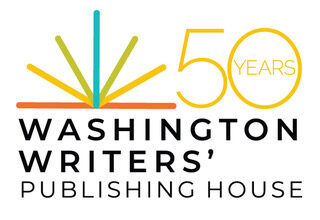

WWPH Writes 101… features work that highlights the thrill of being young in “When We Were 25” by poet Sean Felix and the anxiety of a dystopian future in thrilling flash fiction by P.R. Titus’s “The Last Sunset.”
The Deadline approaches (and it will not be extended). Our book-length manuscript contests are now open for submissions through JULY 15th at 11:59 p.m. We are seeking poetry, fiction, and for the first time, poetry in translation. You receive: a $1,500 award, publication, editorial guidance, and the opportunity to call us your press-mates. The $28.00 Submittable fee helps us pay it forward to these writers.
Congratulations to Bernardine “Dine” Watson (author of TRANSPLANT: A MEMOIR, winner of the first-ever WWPH Nonfiction Award) for joining the Executive Board at your Washington Writers’ Publishing House as a Member-at-Large. Our WWPH Board is comprised of writers, all published with the press, giving time and energy to keep our 50-year-old cooperative literary press moving forward! The Board also includes: Kathleen Wheaton, Holly Karapetkova, Melanie Hatter, Steven Leyva, Robert Williams, Elizabeth Bruce, and Len Kruger, along with the two of us. More about our Executive Board here.
Stay tuned for more news on America’s Future: poetry & prose in response to tomorrow, our new anthology, slated for a September 9th release in our next issue of WWPH Writes!
Read on!
Caroline Bock & Jona Colson
co-presidents/editors
WWPH WRITES POETRY
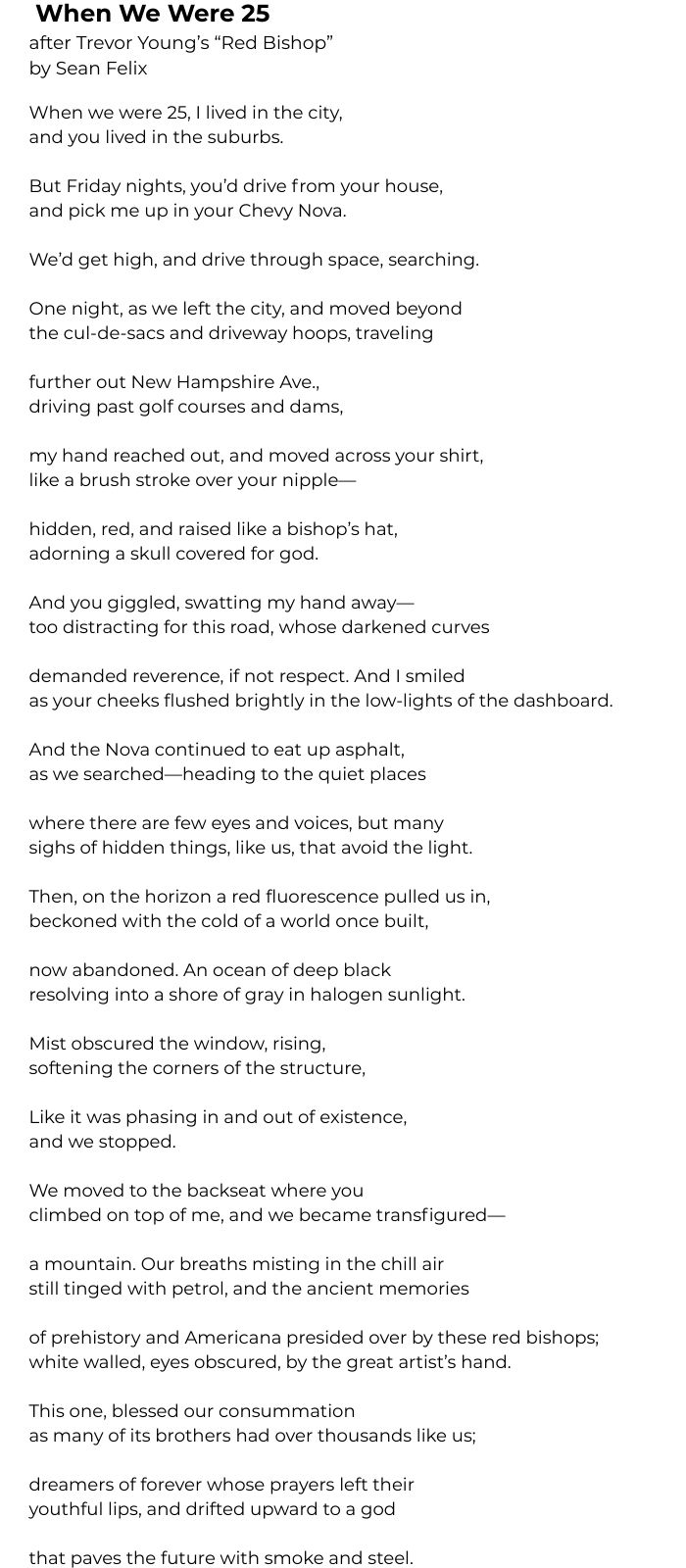

Sean Felix was born and raised in Washington DC and currently lives in Hyattsville, MD with his small family. He is an award-winning haiku poet featured in Humana Obscura, and has long-form poems published in multiple poetry anthologies, Bloodroot Journal, and the Mid-Atlantic Review Online.
WWPH WRITES FICTION
THE LAST SUNSET
No one had any idea at the time that we were watching the last sunset–the very last one. Nobody imagined that a sunset was something they might not ever see again–it was far beyond a notion of ‘taken for granted’ or would-be melancholic nostalgia. The regularity and routine of the solar cycle were the conditions in which our species evolved. Of the few survivors of the nuclear onslaught, there were even fewer who were actual witnesses to our final dusk; those who saw with their own eyes knew it wasn’t particularly extraordinary. There were no awe-inspiring colors worthy of a sublime watercolor painting. It was jolting only in lack of remarkableness, in contrast to what was to come. The bombs didn’t start flying until well after zero one hundred hours–I must admit I’ve become acclimated to military time, perhaps due to being neurodivergent. Not to say that there’s a military anymore, but those who endure here have no time for miscommunication and trivial constructs like a.m. and p.m.
Darkness is our home now. A nonstop storm day after day, and worse, darker, more electric storms at night. All night. Every night. There are no more seasons, only areas of constant erratic weather patterns punctuated by swathes of desert reaching temperatures well above habitable levels, and even then, the cloud cover is so dense that life remains stunted. Nowhere on the surface was safe. We all live underground now and only breach the surface membranes that protect us to do periodic atmospheric and soil testing. Radiation levels have remained too toxic to plan any kind of return. And below the surface, more darkness, the kind of lonely, quiet, still darkness that drives a person beyond their sanity. Light has become the world’s most valued non-renewable resource.
Then, it’s also true that it wasn’t just the sunsets that went away. It was the dawns, too. In fact, all the twilight was gone. All we could see above us were raging electrical storms, dense with ionized particles, whirling in varying degrees of intensity. No one saw the northern lights anymore, although they were presumably spectacular high above the chaos. No more night sky either, and that meant no constellations and no visible lunar cycle. People need the light of the sky to feel grounded. It’s how we know, without words, when we are alone, that there is so much more out there than this hot, destructive rock covered in lightning and madness.
Like most among those who endure despite it all, at least the ones I know of, I now make my home inside a long tunnel they call the Appalachian Corridor. I’d barely made it to the evacuation point in time, or I likely wouldn’t have made it. From Van Dorn metro station to the end of the blue line in Springfield, VA, they bussed us faster than buses should move to Fort Belvoir, where there was a secret underground entrance built into Army INSCOM (Intelligence Command) for extreme emergencies. Down several stories and into what seemed like a normal bunker entrance—we learned later this Appalachian Corridor stretched north past New York City (what’s left of it) and west all the way to Fort Knox—we all filed.
There are rumors that the tunnel extends even farther, but if so, the Uniforms are remaining silent.
Even before the world turned to shit, well, let’s just say things weren’t going well. It was Trump’s second term, and Middle East tensions were escalating quickly. Really, it’s a bit of a mystery as to who pushed the red button first at this point, although it was likely a man or group of men driven by hubris and ego. According to one of the generals who made it to the tunnel, every last nuke in the world was mid-air simultaneously. More than 12,200 of them originating from at least 14 countries. And then there was a wave of drone EMPS that went off during the bombardment, maybe even to try and stop some of it. No government claimed responsibility, and at present, it’s widely assumed it was some last-ditch effort by a bored billionaire with too many extra toys. Suffice it to say, some of the EMPS rendered a few nukes useless, but others subsequently went off early, spreading additional unintended fallout over the landmasses and oceans.
In the tunnel, my most valued possession is a small photo album. What started out as a middle finger to unbridled AI running amok turned into the treasure I cherish. Having become increasingly jaded with technological overreach, I’d begun taking pictures of sunsets on my phone from our apartment in Alexandria. I decided to print the photos at one point, an act of analog self-care that, at the time, seemed roll-my-eyes silly. I went all out at CVS and got the white borders that looked like real vintage Polaroids. Now these sunsets are what I carry with me and what I protect. I take this album everywhere I go and whenever I meet someone in the midst of struggle or in need of resilience, and down here that’s often, I’ll sit with them as I pull it from my ripped backpack and lift the worn cover, opening to something they haven’t seen in so long, because everyone deserves to see the sky.
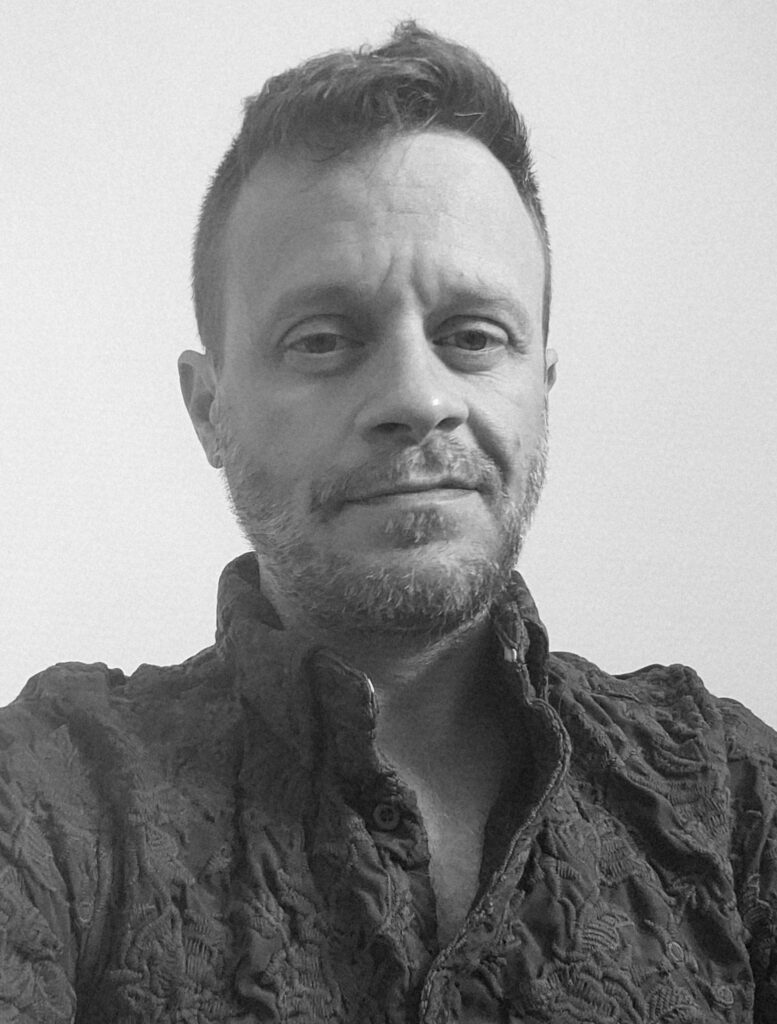
P.R. Titus was born in Iowa, attended the University of Iowa, where he was accepted into the Undergraduate Poetry Writers’ Workshop as a sophomore, and identifies as queer and neurodivergent. Patrick relocated to the Washington, DC area in 2023 and now lives in Alexandria, Virginia.
WWPH NEWS
Now open for submissions…until July 15th at 11:59 pm. Send us your manuscripts via Submittable here. $28.00 submittable fee. Please let us know if this is a financial hardship via wwphpress @gmail.com. This fee, like all monies raised by WWPH as a cooperative nonprofit, pays it forward to our basic operations and the next generation of writers.
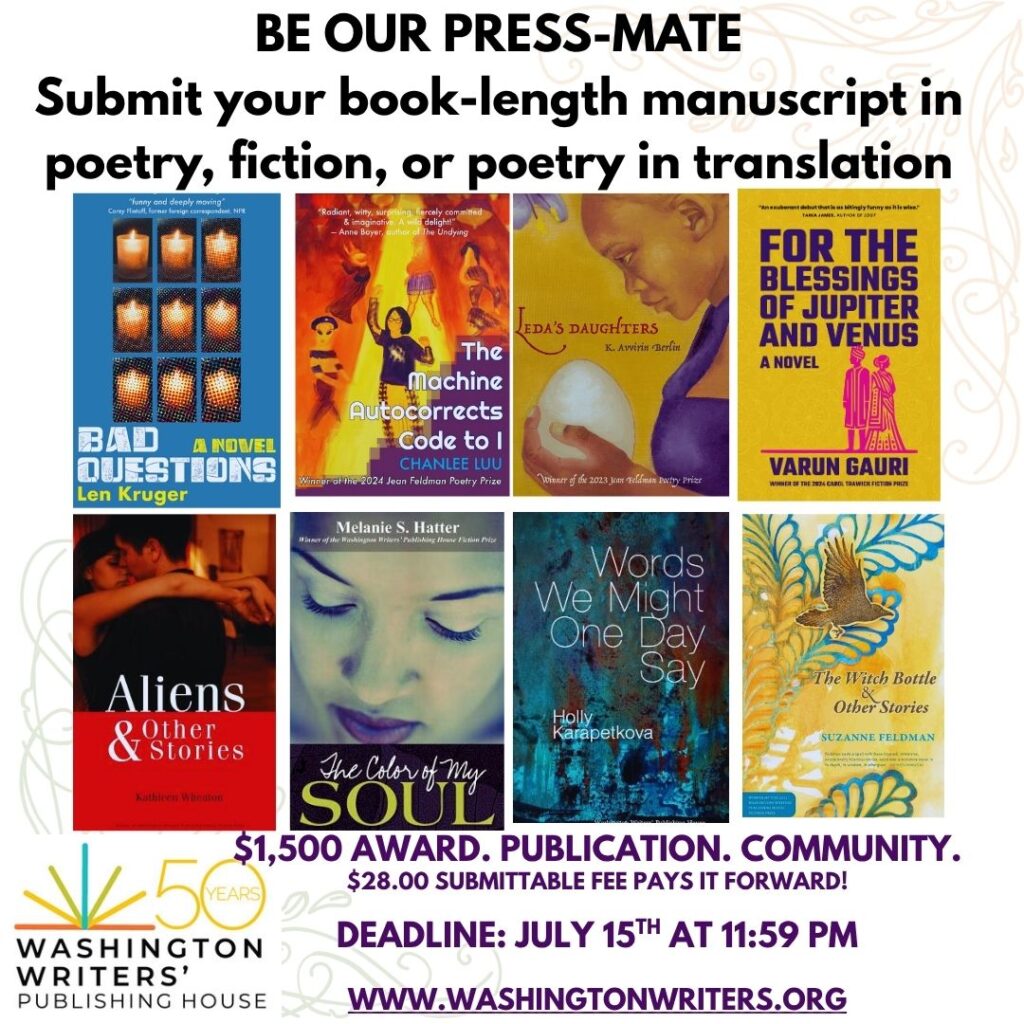
We are particularly excited about our first-ever POETRY IN TRANSLATION AWARD! $28.00 Submittable fee pays it forward! More details and guidelines here.
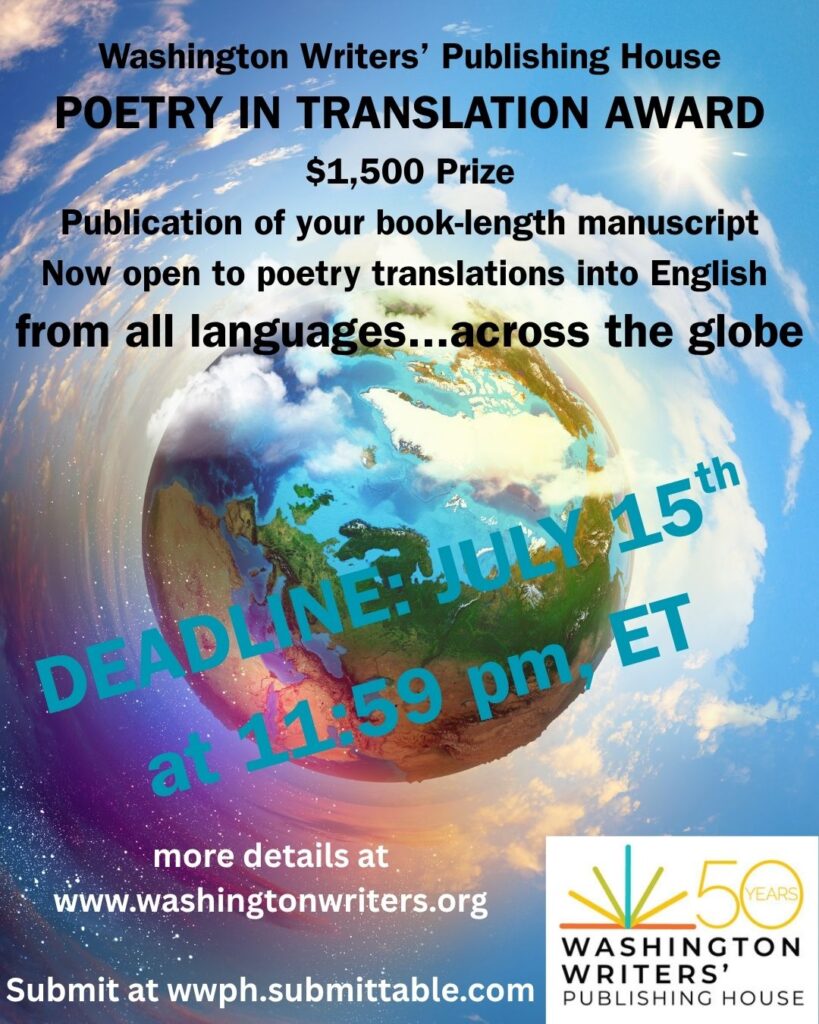
News from our friends at Streelight Magazine down in Charlottesville, VA … the 2025 Streelight Flash Fiction is now open until September 11th. 1st Place Prize — $175.00, 2nd place prize $100. Entry fee $15.00. www.streetlightmag.com/submissions/
News from our friends at Takoma Park, Maryland …the City of Takoma Park’s Arts and Humanities division is seeking applications for the next poet laureate! $2,000 honorarium. Applicants must be city residents. Applications due by August 24th. More details here Poet Laureate Program | Takoma Park, MD
We are so thrilled when our WWPH award-winning books receive more accolades! Now available in print/ebooks everywhere books are sold, including at our bookshop.org affiliate page here
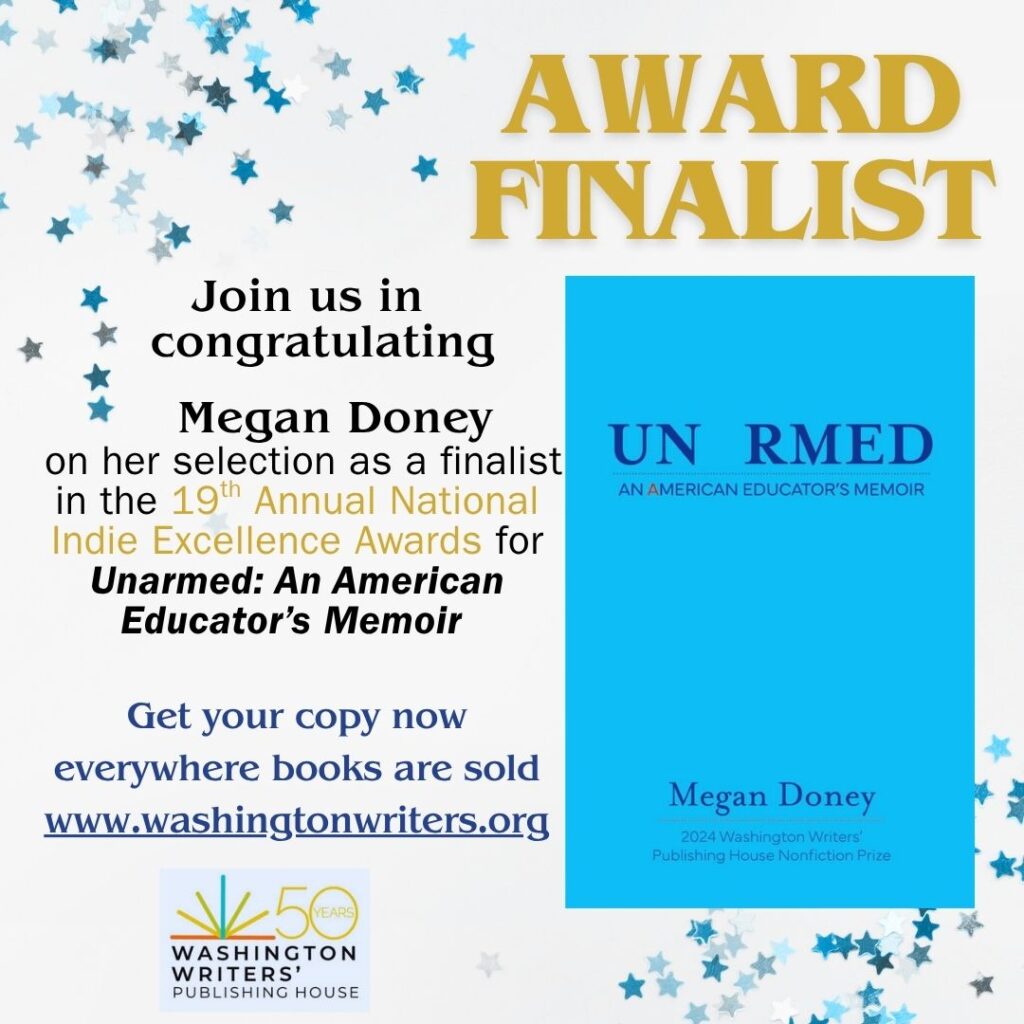
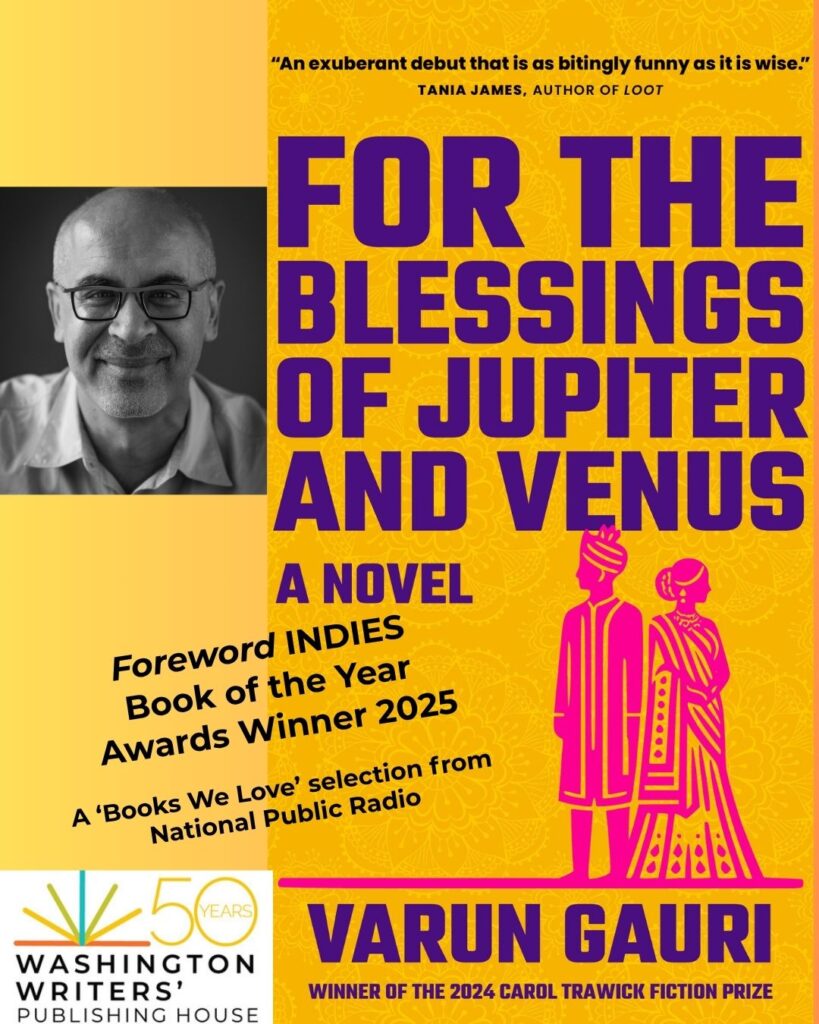
WWPH WRITES is open for submissions! We now pay $25.00 for poetry (up to 3 poems) and prose (up to 1,000 words of fiction or creative nonfiction–and we now have only 2 open slots for prose remaining for 2025–thank you for submitting!) Free to submit! More details regarding all our calls for submissions on our Submittable page here.
Thank you for being part of the Washington Writers’ Publishing House’s community!
